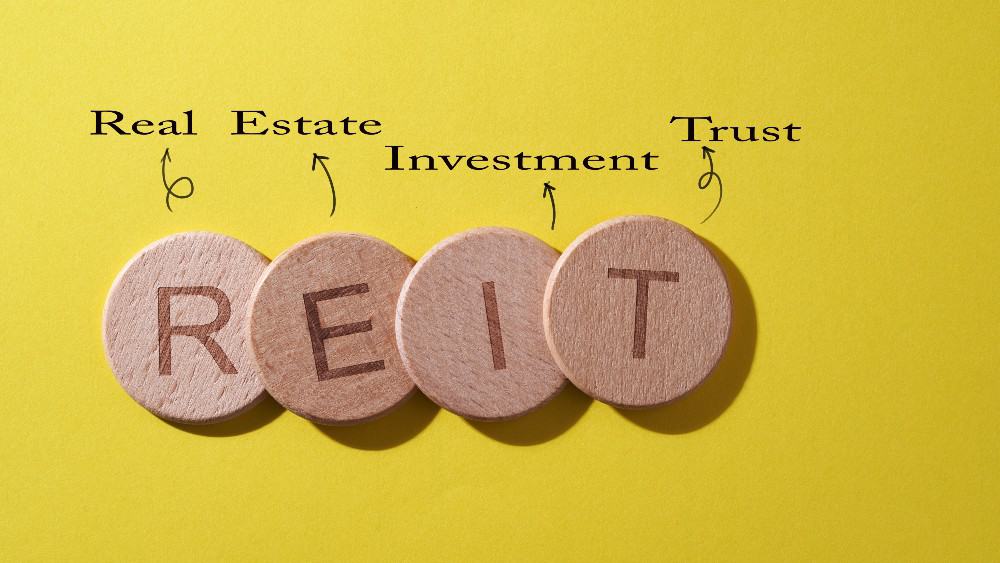The real estate industry is going through a rough time right now. The interest rate hikes introduced by the Bank of Canada (BoC) have undoubtedly started impacting activity in the Canadian housing market. Home prices continue to fall throughout the country. The Canadian Real Estate Association (CREA) reported that home sales plummeted by 12.6% between March and April 2022.
The BoC plans to enact further interest rate hikes to continue its attempts to cool down the red-hot inflation in the market. Buying an investment property to use as a passive-income stream might seem attractive when prices decline. However, the situation does not look like it will get better soon.
Anticipation of further declines
Market analysts do not have a strong outlook for the Canadian housing market. Even real estate investment trusts (REITs) might appear to be a risky investment. Analysts continue to reduce their target prices for REITs, especially those with operations focused on the residential real estate sector.
Canadian REIT investors rely on these assets as relatively stable monthly passive-income streams. However, the real estate market is full of uncertainty, and it is unclear when the housing market can stabilize.
Fortunately, the housing segment makes up only a part of the real estate industry. You could consider investing in more diversified REITs, like H&R REIT (TSX:HR.UN), to benefit from positive momentum and stability elsewhere in the industry.
The best thing about investing in REITs is the ability to generate monthly income while relying on experts to make the right investment decisions and do all the hard work involved with being a landlord.
Diversified REIT to buy right now
Market analysts are not bearish about all REITs. Some have increased their target prices for a few REITs, and H&R REIT is among them. The consensus price for the trust by market analysts stands at $17 per unit. H&R REIT trades for $13.79 per unit at writing. Investing in the REIT could provide you with significant returns if it reaches its target price.
H&R REIT is a $3.80 billion market capitalization trust specializing in commercial real estate. The trust has also diversified into the residential and industrial real estate market segments, giving it considerable protection through diversification.
The residential and industrial segments could provide substantial upside in the coming years, making H&R REIT an attractive investment to consider at current levels.
Foolish takeaway
Using H&R REIT as part of a passive-income stream could also be a practical decision. It pays its investors a juicy 3.99% dividend yield, which it pays out monthly. You can use it to start building a monthly income stream, much like owning a rental property. However, it comes without all the hassles of being a landlord, making it a truly passive-income stream, unlike real estate investing.
Buying a rental property or investing in residential REITs might entail significant risk to your capital right now. Investing in diversified REITs like H&R REIT might be the more practical way to gain exposure to the real estate industry right now.









